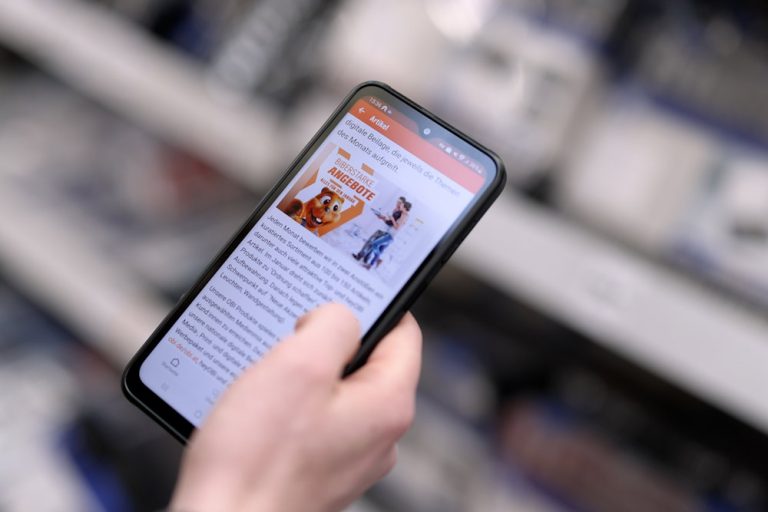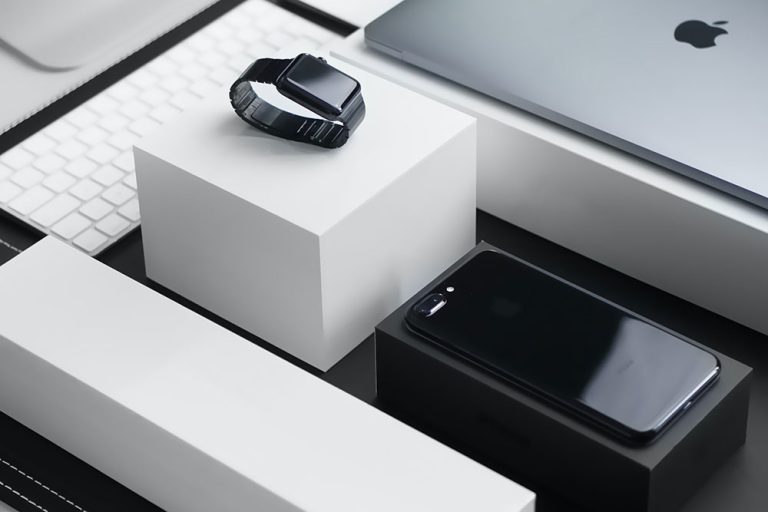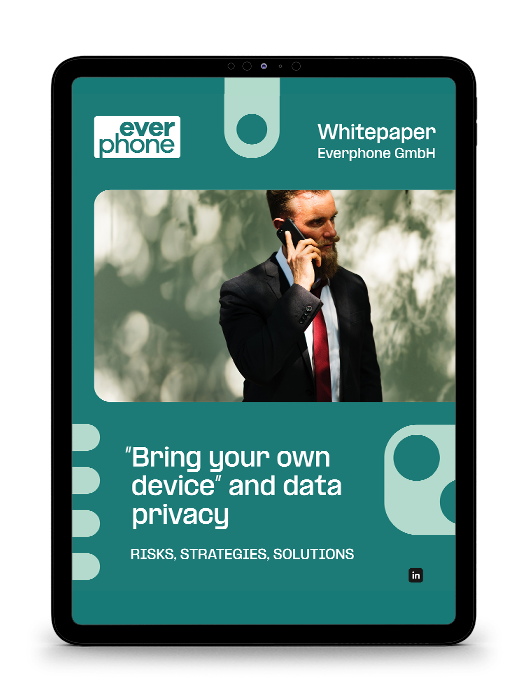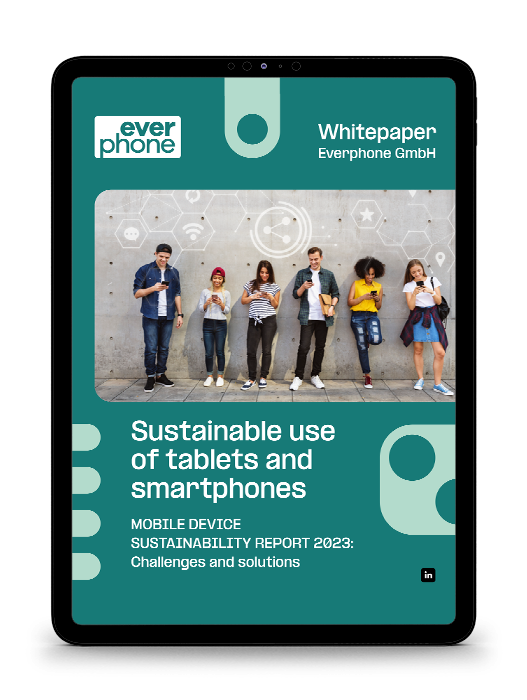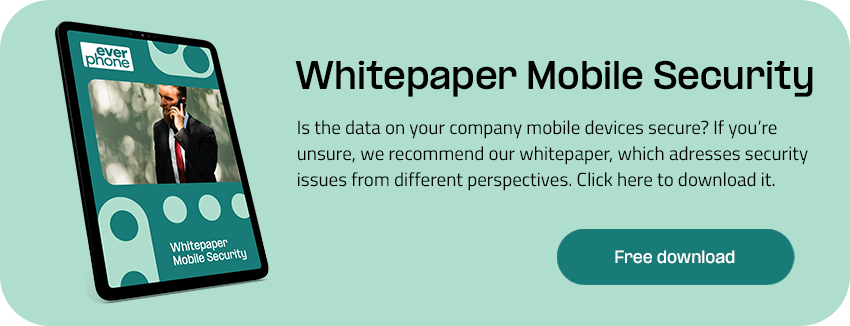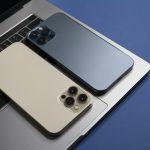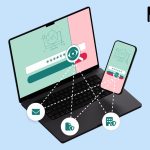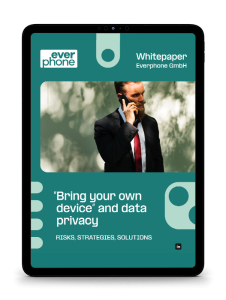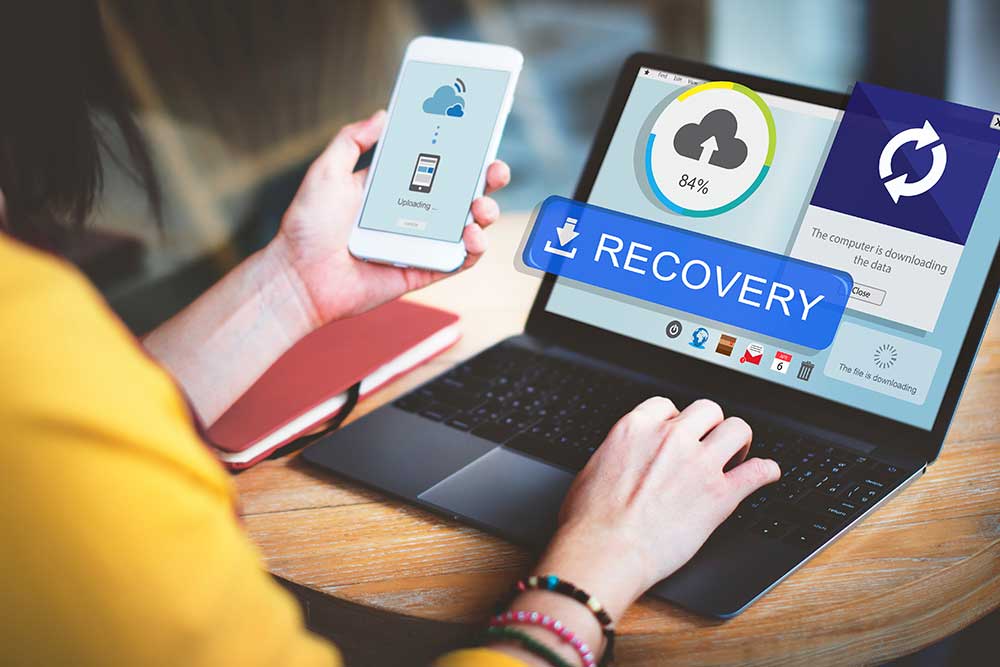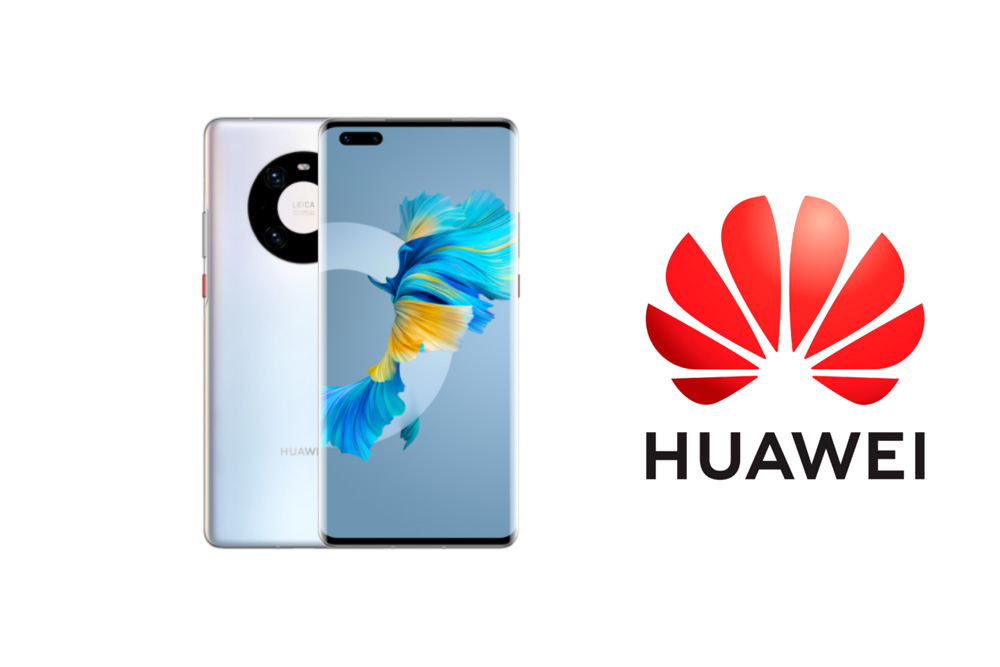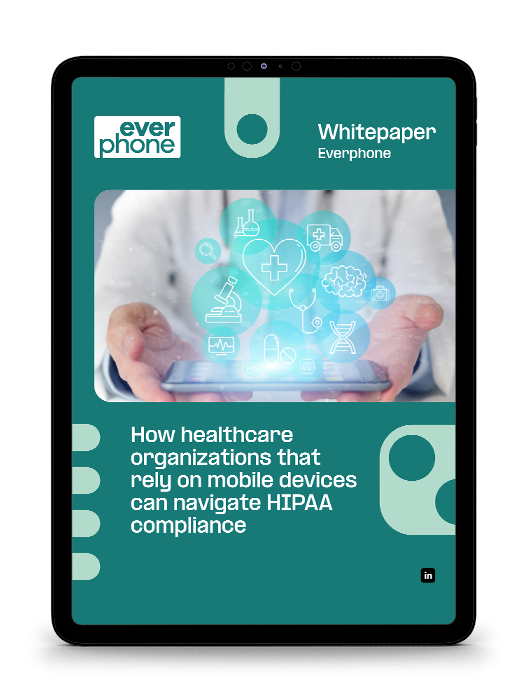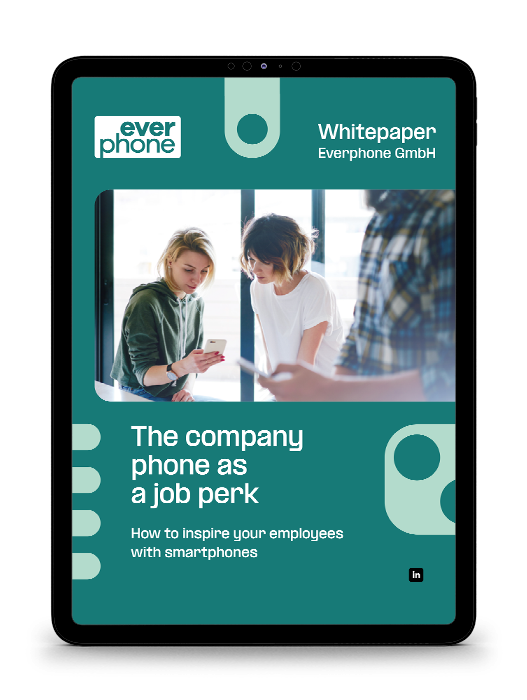Data security has never been more important than it is now. Cyberattacks increase an average of 50% every year. More individuals are working from home or remote locations. This places immense strain on IT departments to ensure company and employee security and privacy as well as the security of their consumers’ information.
So, what measures can be put in place to protect an individual’s data privacy and the companies? In this article, we’ll look at data privacy on phones, some of the risks involved, and how to start protecting your smartphone privacy.
What is mobile privacy?
Mobile privacy refers to individuals’ rights to privacy on their mobile devices, including smartphones, tablets, and smartwatches. These rights are additional to users’ internet usage rights. The term stands on its own because of the unique privacy concerns raised by many apps and mobile platforms.
In this data-centric world, data privacy on phones is becoming more challenging to achieve and maintain. However, local governments are working to protect individuals’ data. The General Data Protection Regulation (GDPR) and California Consumer Privacy Act (CCPA) are examples of how governments are starting to take mobile privacy seriously.
When it comes to corporate devices, the same level of importance should be placed on data security and smartphone privacy. This is necessary to protect the company, the employees, and even the consumers. If you have a corporate device that you can use personally as part of your corporate benefits and offers, or if you’re using your device for work (BYOD), you’ve got both your sensitive information and the companies stored on the device.

While the business can legally check the activities on any corporate device, you don’t want them going through your private messages or photos. On the other side, the company is responsible for ensuring that all data is protected. This makes it extremely difficult for IT teams to manage smartphones and data security while protecting employees’ and consumers’ privacy.
Many Americans have stated that they would blame the company for data breaches, not the hacker. This could be attributed to people’s belief that businesses should do more to protect their data and ensure their privacy. Businesses have to do everything in their power to protect the sensitive data stored on corporate devices, including any mobile devices used for work.
Data privacy on phones: The risks
Most apps and social media platforms collect your data to personalize advertising campaigns. There are also individuals who use the information for more nefarious purposes, such as selling your data on the dark web, sending ransomware, malware or even just learning more about you to create well-researched phishing attacks or for identity theft.
Mobile devices are portable, meaning that they’ve carried around with the individual most of the time. They also have other attributes such as GPS, cameras, microphones, and more. These attributes can paint a very clear picture of you when combined with the other data collected on your phone.
For example, if your GPS is always on, a cybercriminal can use location tracking to see where you go, which shops you visit, what doctors you see, and even where you spend the night. Nobody wants this amount of personal information readily available.
By tracking the IP of your device, every search query you type and the website you visit can become visible. Unless you frequently clear your cookies, cache, and browsing history (all three, not just one of these), people can even go back into your search history to see what you were looking at weeks back.
Some apps and social media platforms are more known for collecting data, such as Facebook and Instagram. Other communication platforms like WhatsApp are becoming more popular in a corporate setting. Many small businesses are moving to the platform. WhatsApp currently has end-to-end encryption, meaning messages are private and cannot be seen by the platform. It’s still a good idea for businesses to have a privacy policy for cell phones with WhatsApp in place. The same goes for any other communication platforms used, such as Signal, Telegram, etc.
Keeping all this in mind, it’s understandable why businesses don’t want these public platforms on corporate devices. But how do you manage this if an individual uses their device for work?
How to protect data privacy on smartphones
Protecting data privacy on phones is not just for convenience. It is a requirement. Businesses have to ensure that they put the appropriate measures to protect the privacy of their employees and their consumers. If a data leak or breach occurs, it can have extremely detrimental effects on a business. Some of the negative effects for businesses following a data breach include:
- Loss of revenue
- Unexpected expenses for recovery
- Legal expenses
- Business is less attractive to new employees
- Damage to reputation
- Less trust between consumers and business
- Downtime for operations
- Loss of sensitive data and information
To avoid these situations, businesses have to work on protecting data actively. However, how can businesses even start to do this? And how does the process work on a phone being used for both personal and business?
Read more:
Protecting personal data on a work phone
Many businesses are moving away from keeping work and personal phones separate. By giving employees a single device for both work and personal use, businesses have discovered that their productivity increases. However, this does introduce new security and data privacy threats that need to be handled. While the company can regularly check the device and have a policy that clearly states what apps can and cannot be used is a good step, there needs to be more.
Installing MDM software is a great solution as it allows containerization on the device, among other benefits. Containerization allows the phone to be split into two, a corporate and a personal side. This means that the employee can still install all the apps they use personally, such as Facebook and Instagram, but still keep everything personal separate from the business section. Information cannot be copied from the business workspace to the personal space and vice versa. This means there are fewer chances of accidental data leaks.
With MDM software on a phone, businesses can remotely install and require updates and other security features. The business can also monitor the business section of the phone without accessing the personal section. The employees’ personal data is kept private.
Protecting corporate data on a work phone
Protecting corporate data is critical. The risks posed by a data breach are just too severe to be ignored. However, there are quite a few ways to ensure that you take the necessary precautions to protect corporate data. Take a look at the GDPR, as these are great guidelines for the minimum requirements a business should have in place to ensure data security on mobile devices. This is a good starting point.
Training is another crucial element of data security. Many data breaches occur due to user negligence without purposeful or malicious intent. If an employee doesn’t know or understand why it’s critical to protect data, they may unintentionally create opportunities for data breaches. It’s critical to have employee training on data security.
MDM software is essential on corporate devices. Not only does it allow containerization, which means you can split the phone between the employees’ personal and business sections, but you can also do much more. MDM software allows IT technicians to remotely install the necessary security and privacy apps on all company devices. They can also update all apps simultaneously, and updated apps contain fewer vulnerabilities. Also, if a device is lost or stolen, the corporate data can remotely be wiped from the device.
A good Device-as-a-Service (DaaS) provider, like Everphone, can help you rent a mobile phone and mobile plan at the best business tariffs on mobile phones. They can also further assist by pre-installing all the necessary security, privacy, and MDM software to separate and protect data security while remaining GDPR compliant. Using a service that already includes certain security and privacy perks like Everphone means you don’t have to look for a separate Data-Protection-as-a-Service (DPaaS) provider. With additional security and privacy services like this, you can ensure that your corporate devices are secure in the hands of your employees, and employees can feel safe knowing their personal data is private.
Finally, make sure that your business has sufficient cyber insurance. Many businesses have no or too little cyber insurance so that in the case of a data breach, they cannot cover all their expenses leading to major losses for the business. Cyber insurance can be tricky when it comes to claims, but it’s much better to have it and struggle with paperwork than not having it, and the business potentially goes under due to unforeseen financial implications.
Final thoughts
Data security and data privacy on phones is a serious concern that has to be addressed by both businesses and individuals. With data leaks on the rise and more apps starting to collect your data, ensuring that you have the right security measures is more critical than ever. Using a DaaS service like Everphone that also offers privacy solutions like MDM that is GDPR compliant is a good place to start taking control of your mobile data security. Follow that with employee training and sufficient cyber insurance, and you can start to minimize the threats to your business, employee, and consumer security and privacy.
